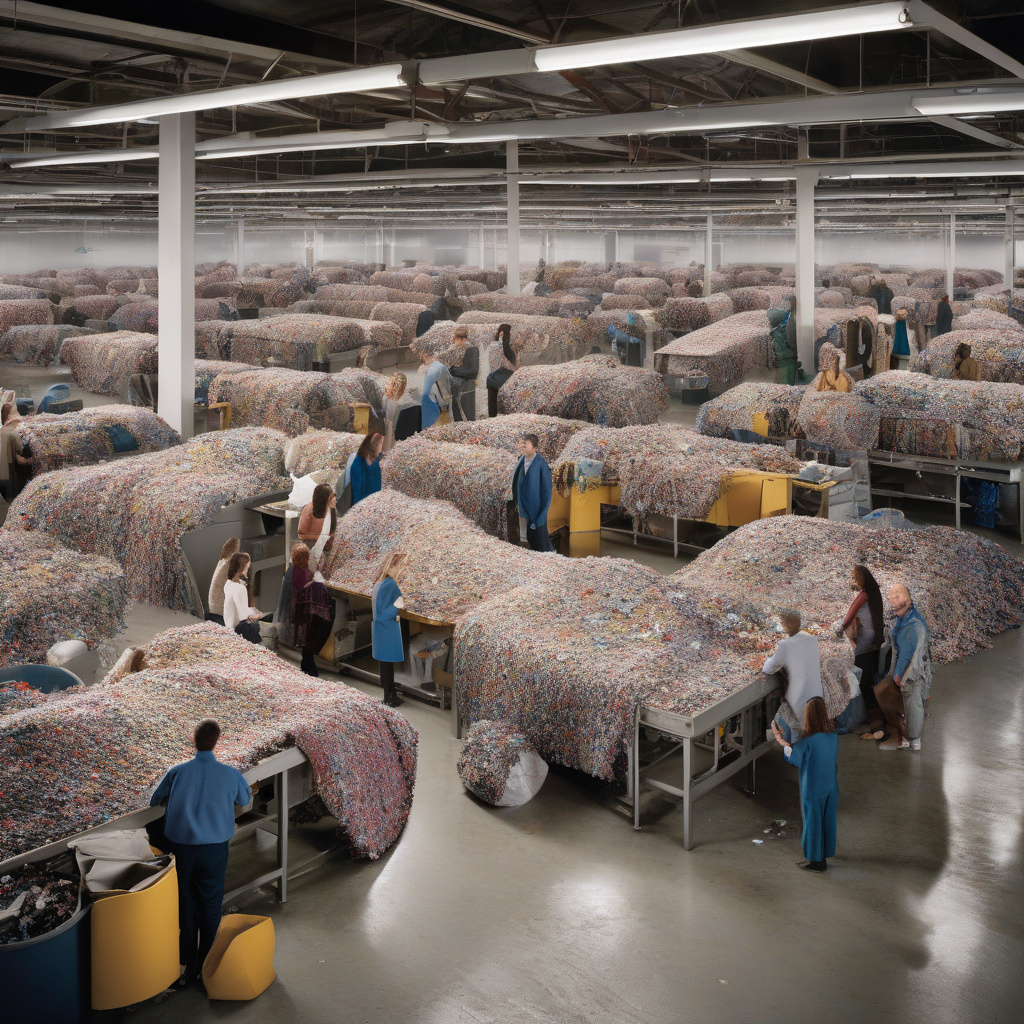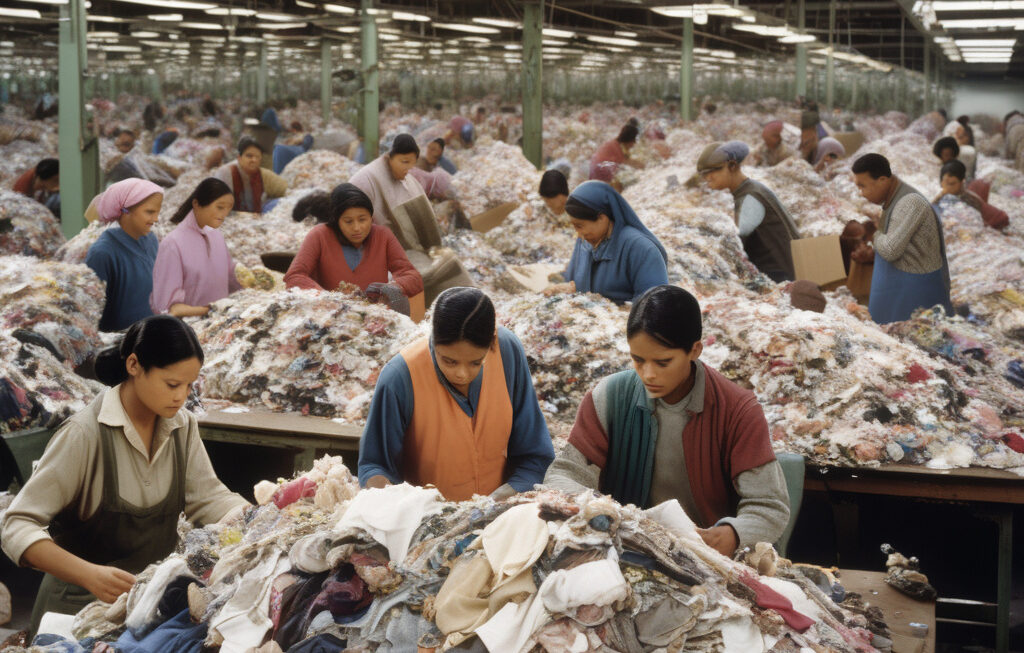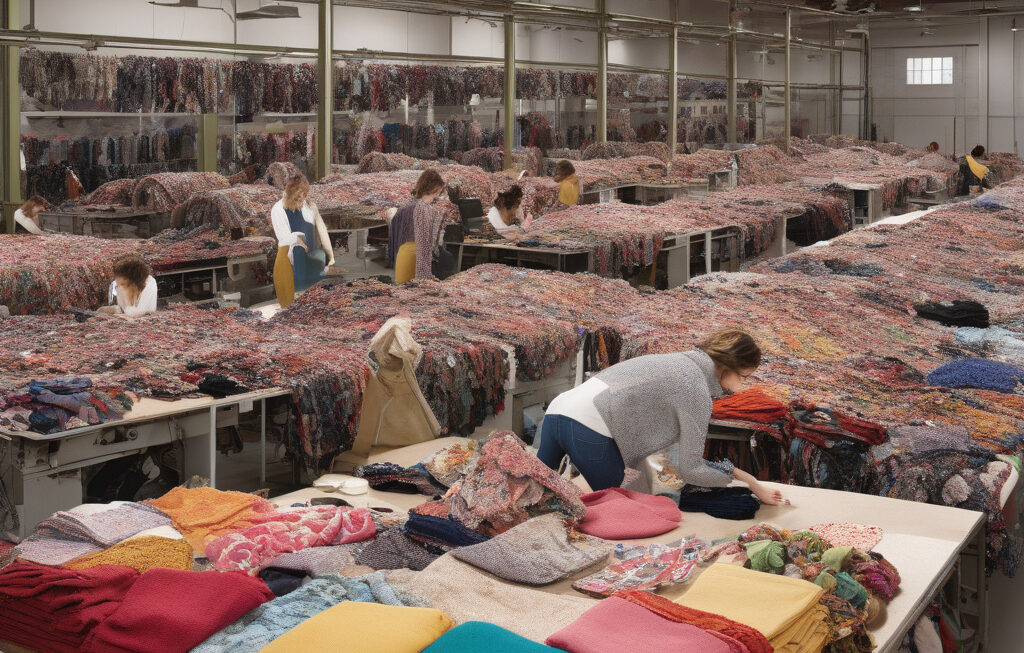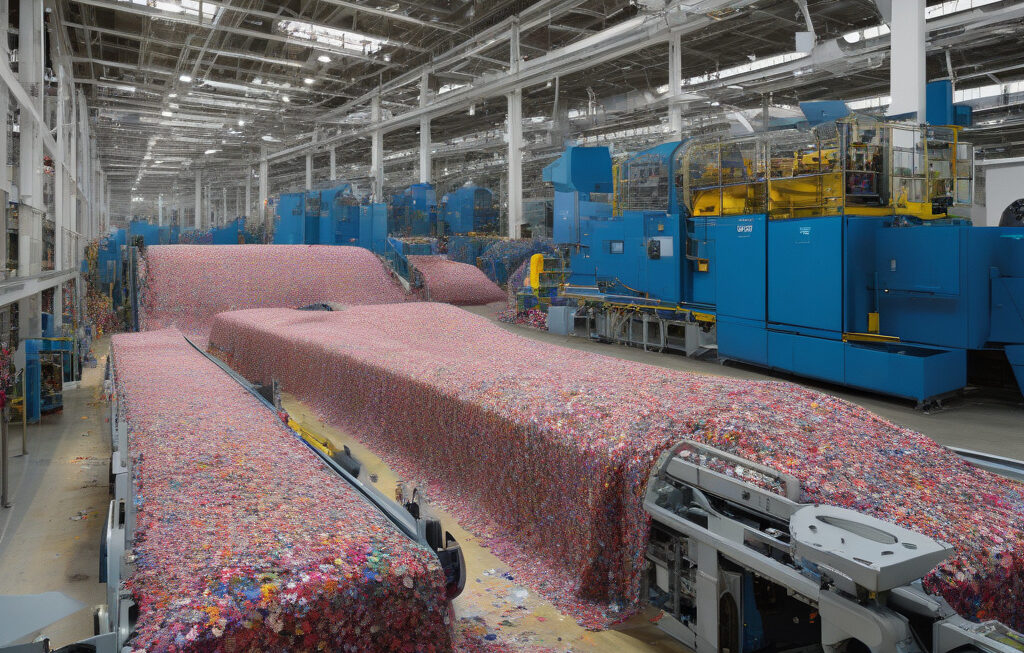Textile-to-Textile Recycler Circ Raises $25 Million
Circ, a pioneering company in the textile recycling industry, has recently made headlines by securing an impressive $25 million in funding. This significant investment comes as Circ gains new backing from Taranis, an investment firm owned by the oil company Perenco, and additional funds from investors that include retail giant Inditex, the owner of popular fashion brand Zara. The infusion of capital is set to propel Circ to new heights as it strives to expand its innovative recycling capabilities to a commercial scale.
The textile industry is notorious for its environmental impact, with vast amounts of clothing and textiles ending up in landfills each year. Circ aims to address this issue by revolutionizing the way textiles are recycled. Instead of following the traditional linear model of production and consumption, where items are created, used, and then disposed of, Circ champions a circular approach. By implementing cutting-edge technology and processes, Circ can recycle textiles into new, high-quality fibers, which can then be used to create fresh products, closing the loop on textile waste.
The recent funding round led by Taranis and Inditex signifies a growing recognition of the importance of sustainable practices within the fashion and textile industries. With consumers becoming increasingly eco-conscious and demanding transparency and accountability from brands, companies like Circ are well-positioned to meet this evolving need. By investing in Circ, Taranis and Inditex are not only supporting a forward-thinking business but also aligning themselves with the values of a new generation of consumers.
Circ’s ability to attract investment from established players like Taranis and Inditex is a testament to the strength of its technology and business model. The company’s innovative approach to textile recycling sets it apart in an industry that is in desperate need of sustainable solutions. By closing the loop on textile waste and reducing the reliance on virgin materials, Circ is not only driving environmental impact but also creating a more resilient and efficient supply chain for the future.
As Circ prepares to bring its recycling capabilities to commercial scale, the implications are far-reaching. By diverting textiles from landfills and reducing the need for new materials, Circ is helping to conserve valuable resources and minimize the carbon footprint of the fashion industry. Furthermore, by championing a circular economy model, Circ is paving the way for a more sustainable and regenerative approach to textile production.
In conclusion, Circ’s recent funding success is a significant milestone for the company and the broader textile recycling industry. With the support of investors like Taranis and Inditex, Circ is well-positioned to drive positive change and innovation within the fashion and textile sectors. As the demand for sustainable practices continues to grow, companies like Circ are at the forefront of a shift towards a more environmentally conscious future.
recycling, sustainability, textile industry, innovation, circular economy












